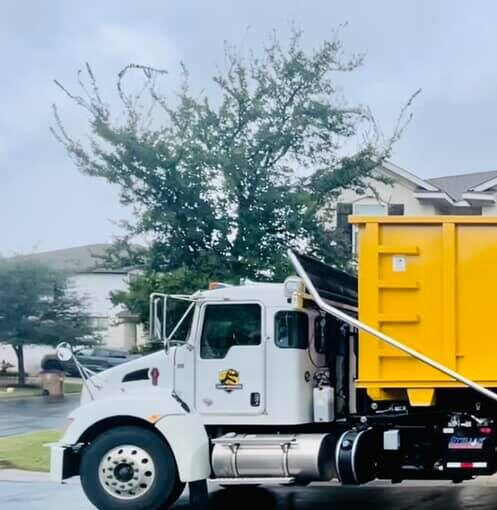
In the vast landscape of transportation and logistics, trucks are the unsung heroes. They carry the weight of industries on their sturdy frames, ensuring goods reach their destinations efficiently and on time. However, the smooth operation of these workhorses relies heavily on regular maintenance and professional services. For businesses reliant on transportation, accessing reliable truck services in Sydney is essential for maintaining operational efficiency and meeting customer demands. In this comprehensive guide, we’ll delve into the essential aspects of truck services, shedding light on why they are crucial for both truck operators and the industries they serve.
Understanding Truck Services
Truck services encompass a broad spectrum of maintenance, repair, and support activities designed to keep commercial trucks in optimal condition. These services range from routine inspections and preventive maintenance to complex repairs and emergency roadside assistance. Given the critical role trucks play in various sectors such as manufacturing, retail, agriculture, and construction, ensuring their reliability and safety is paramount.
Importance of Regular Maintenance
Regular maintenance is the backbone of truck longevity and performance. Scheduled inspections and servicing help identify potential issues before they escalate into costly breakdowns. Key components such as engines, brakes, transmission systems, and tires require regular checks and replacements to ensure optimal functionality. Neglecting maintenance not only jeopardizes safety but also leads to downtime, affecting productivity and profitability.
Types of Truck Services
Preventive Maintenance: Scheduled inspections and maintenance tasks performed at regular intervals to prevent potential failures and ensure optimal performance.
Diagnostic Services: Advanced diagnostic tools and techniques are used to identify underlying issues accurately, enabling timely repairs and minimizing downtime.
Repair Services: Addressing mechanical, electrical, and structural issues ranging from minor repairs to major overhauls, ensuring trucks are roadworthy and compliant with safety standards.
Emergency Roadside Assistance: Round-the-clock support for unexpected breakdowns, providing timely assistance to get trucks back on the road swiftly and minimize disruptions.
Tire Services: Inspection, rotation, balancing, and replacement of tires to optimize fuel efficiency, traction, and overall safety.
Fluid Services: Regular checks and replacements of essential fluids such as engine oil, coolant, and hydraulic fluids to maintain optimal performance and prevent component wear.
Truck Washing and Detailing: Exterior and interior cleaning services to maintain the aesthetic appeal of trucks, as well as prevent corrosion and deterioration.
Choosing the Right Truck Service Provider
Selecting a reliable and experienced truck service provider is paramount for ensuring quality maintenance and repair work. Consider the following factors when choosing a service provider:
Experience and Expertise: Look for providers with a proven track record and extensive experience in servicing commercial trucks of various makes and models.
Certifications and Accreditation: Ensure the service provider holds relevant certifications and meets industry standards for quality and safety.
Range of Services: Opt for a provider that offers a comprehensive range of services to address all maintenance and repair needs under one roof.
Response Time and Availability: Choose a provider that offers prompt response times and round-the-clock availability, especially for emergency roadside assistance.
Customer Reviews and Reputation: Check online reviews and seek recommendations from other truck operators to gauge the reputation and reliability of the service provider.
The Cost of Neglect
While investing in truck services may seem like an additional expense, the cost of neglecting maintenance far outweighs the benefits. Breakdowns resulting from neglected maintenance not only incur hefty repair bills but also lead to downtime, delayed deliveries, damaged reputations, and potential safety hazards. In contrast, proactive maintenance ensures smooth operations, enhanced safety, prolonged vehicle lifespan, and cost savings in the long run.
Conclusion
Truck services are the lifeline of the transportation and logistics industry, ensuring the smooth and efficient movement of goods across the supply chain. From preventive maintenance to emergency repairs, these services play a pivotal role in keeping trucks roadworthy, reliable, and safe. By prioritizing regular maintenance and choosing the right service provider, truck operators can minimize downtime, maximize productivity, and uphold the integrity of their operations in an increasingly competitive market landscape.





